The impact investing field has reached a critical juncture. With the market surpassing $715 billion according to GIIN’s 2020 Annual Survey, the industry faces pressing questions about authentic impact measurement and community benefit maximization. Native knowledge systems offer sophisticated frameworks for reimagining how we approach impact measurement, stakeholder engagement, and long-term value creation.
Dr. Marlene Brant-Castellano’s seminal research identifies three integrated forms of Native knowledge – personal, traditional, and empirical – creating a framework that aligns with contemporary impact measurement while pushing us toward more holistic value assessment. This Native approach to knowledge suggests that impact investors must expand beyond conventional metrics to embrace more comprehensive evaluation systems.
The Five Capitals Model, documented extensively by the sustainability community, provides a bridge between Native wisdom and modern impact frameworks. Organizations depend on five interconnected forms of capital: financial, manufactured, human, social, and natural. This aligns naturally with Native ways of knowing, which have long recognized the deep interconnections between economic, social, and environmental systems.
This philosophical foundation suggests three key principles for improving impact measurement and outcomes:
- Multi-generational Time Horizons: While conventional investing often prioritizes quarterly returns, Native philosophies emphasize long-term, intergenerational thinking. The GIIN’s IRIS+ metrics system increasingly recognizes this through indicators tracking long-term community outcomes and intergenerational wealth building.
- Stakeholder-Centered Accountability: Native approaches emphasize reciprocal relationships and mutual responsibility. For impact investors, this aligns with the International Finance Corporation’s Operating Principles for Impact Management, which stress stakeholder engagement and community voice in impact measurement.
- Integrated Value Creation: The Impact Management Project’s five dimensions of impact—What, Who, How Much, Contribution, and Risk—can be enriched by Native perspectives on holistic value creation across all forms of capital: cultural, social, natural, and human.
Practical Applications
These Native philosophical principles can be operationalized through several evidence-based practices:
- Participatory Metric Development: Rather than imposing standardized metrics, engage communities in defining success. IRIS+ provides a flexible framework that can incorporate Native perspectives while maintaining rigorous measurement standards. According to the GIIN’s 2020 Annual Survey, 88% of impact investors measure their investments against the UN Sustainable Development Goals—suggesting growing recognition of the need for globally inclusive frameworks.
- Extended Time Horizons: Structure investment vehicles with longer holding periods aligned with Native understanding of multi-generational impact. The Cambridge Associates and GIIN report on financial performance of impact investments demonstrates that patient capital approaches can deliver competitive returns while supporting sustained community benefit.
- Integrated Impact Assessment: Develop evaluation frameworks capturing impacts across all five forms of capital. The Impact Management Project’s growing adoption demonstrates increasing recognition that impact measurement must consider multiple dimensions of value creation.
The Business Case
These Native approaches to impact measurement and management can drive superior outcomes. Research from Cambridge Associates shows that impact investments can deliver market-rate returns while creating meaningful social change. Native knowledge systems provide sophisticated frameworks for maximizing this dual return by:
- Reducing risk through deeper stakeholder engagement
- Identifying overlooked value creation opportunities by considering multiple forms of capital
- Building more resilient businesses through emphasis on relationship quality
Creating competitive advantage through authentic community partnership
Moving Forward
For impact investors seeking to improve their practices, Native knowledge systems offer both philosophical depth and practical guidance. The key is moving beyond surface-level engagement to truly integrate Native ways of knowing into investment processes.
This requires:
- Engaging Native leaders and communities as partners rather than beneficiaries
- Investing in building cultural competency within investment teams
- Developing new metrics that capture holistic value creation
- Structuring investment vehicles that align with Native timeframes
As we address urgent global challenges while generating sustainable returns, Native knowledge systems offer sophisticated frameworks for evolving impact investment practice. By incorporating these perspectives, we can build an impact investing ecosystem that delivers transformative outcomes, creating value across all forms of capital while honoring obligations to future generations.
The future of impact investing must embrace the interconnected nature of knowledge and value creation that Native philosophers have long understood. Only then can we fulfill the promise of deploying capital in service of genuine, lasting positive change.

